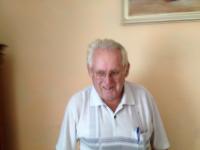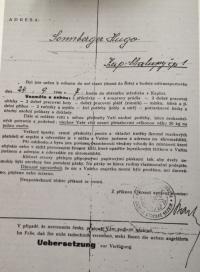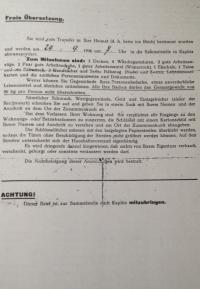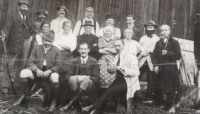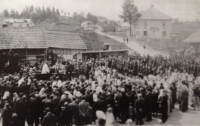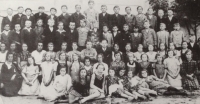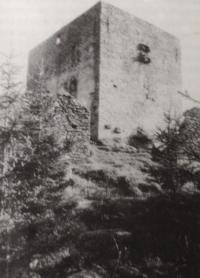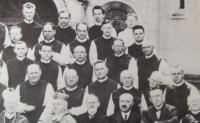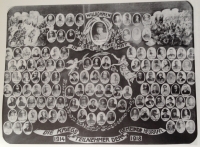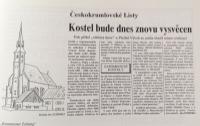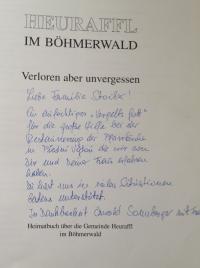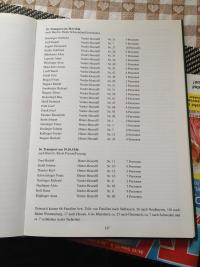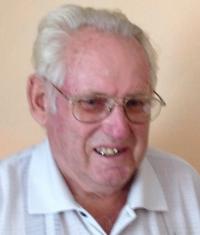I’m quite happy with the life I’ve lived

Download image
Jan Stoiber was born on 17 June 1937 in Přední Výtoň. Both his parents were of German nationality. Thanks to his father’s work in the paper mills in Loučovice, the Stoibers were allowed to stay in their native village after the end of the Second World War and did not share the fate of their expelled relatives and neighbours. Between 1952 and 1954, he trained as a paper pulp maker in Větřní and took up a position in the Loučovice paper mills. In 1959, he completed two years of military service with the anti-tank defence in Štúrovo, Slovakia. From 1960 to 1989 he was a member of the Communist Party of Czechoslovakia. In 1963 he signed a cooperation with the military intelligence service and underwent several months of training as a spy, but left later at his own request. From 1964 to 1990 he served as chairman of the Local National Committee in Přední Výtoň. In 1994 he was elected deputy mayor of Přední Výtoň and then its mayor in 1998. In 2021, Jan Stoiber was living in Přední Výtoň.
